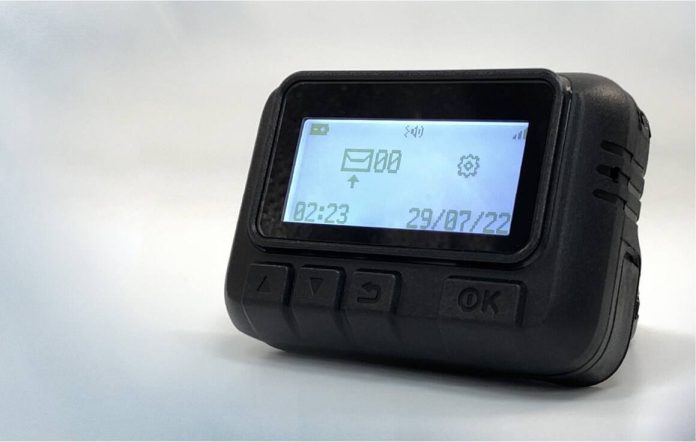The recent bombing in Lebanon, which used everyday communication gadgets like pagers and walkie-talkies, has sent shockwaves around the world. The unprecedented nature of the attack has sparked intense debate, with some labeling the act as terrorism, while others, including supporters of intelligence agencies like MOSSAD, have praised the precision and tactical brilliance involved. However, the attack has left many questioning its underlying rationale and what it could mean for global security.
Professor Ndubuisi Ekekwe, an influential entrepreneur, investor, and academic, weighed in on the situation, shedding light on the gravity of the incident. “It was an unprecedented attack in Lebanon,” he remarked. “Yes, someone possibly rigged pagers, and those pagers were used in the open world! In the end, when those pagers blew up, people died, and many were injured.”
The use of such everyday gadgets in an attack of this scale is a stark departure from traditional methods of warfare, where explosives are often contained to targeted locations or specific individuals. This time, the attack unfolded in public, disrupting daily life in an alarming way and raising concerns about the future of warfare. Ekekwe continued, “I’ve been thinking about the bravado of that tactic without considering the political element. If warfare has escalated to this level, is America safe? Is Nigeria safe? Is the world safe?”
The professor further highlighted the potential danger posed by global electronics production, particularly from China, which manufactures a significant portion of the world’s consumer electronics. “Yes, China makes most of the electronics we use around the world, and the country is in ongoing tensions with the Western world,” Ekekwe pointed out. “If they plan a military action, like going after Taiwan in a few years, what would stop them from ‘souping up’ the TVs, phones, pagers, and other devices they export to the world with a timer for those devices to blow up? Would that be legal? That would trigger an unprecedented disaster, a natural rapture, as the world folds in chaos.”
Ekekwe’s concerns touch on the vulnerability of modern society, where everyday devices that people rely on could potentially become tools of destruction. “I’m stunned—truly stunned—by what is happening in this amazing world. Is your phone safe? Is your reading light safe? Is your wristwatch safe? In the past, such attacks were confined to controlled environments, but now they’re happening in open markets! The United Nations must intervene and call all parties to order because a world without rules will collapse.”
Drawing from cultural wisdom, Ekekwe referenced an African proverb that underscores the shared values that should govern humanity. “An African axiom reminds us that ‘no one sells poison in the open market,’ meaning even those with ill intent do not openly distribute harmful goods in the public sphere. But with these attacks, we are entering a dangerous phase where warfare is becoming more indiscriminate. We must tighten global rules of engagement to prevent future incidents like this. Blowing up pagers in Lebanon does not advance any cause—it only sets a dangerous precedent that could lead to the destruction of our shared future.”
As world leaders, security experts, and international organizations grapple with the ramifications of this new form of attack, questions abound about the safety of everyday electronic devices and the ethics of modern warfare. What was once a distant thought—electronics as weapons in open society—has now entered the realm of possibility, leaving many wondering if the world is prepared to face the potential consequences.
The incident in Lebanon may very well be a turning point in global security, signaling a new age of unconventional warfare where technology meant to enhance life is weaponized. Professor Ekekwe’s call for action serves as a stark reminder that without swift international cooperation and a reinforced framework for global engagement, the future may hold far graver risks than anyone could have anticipated.
By Anthony Nwosu




